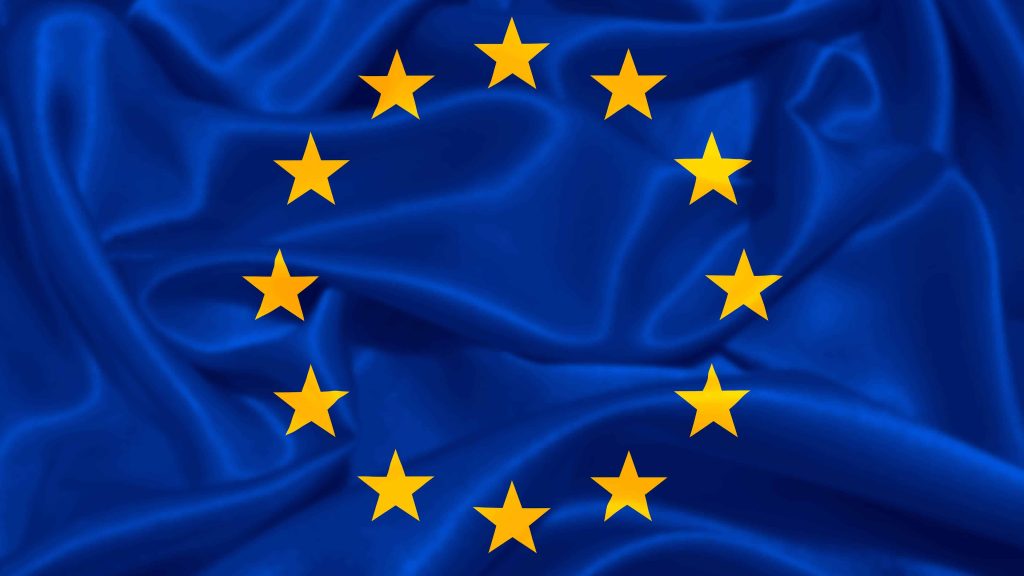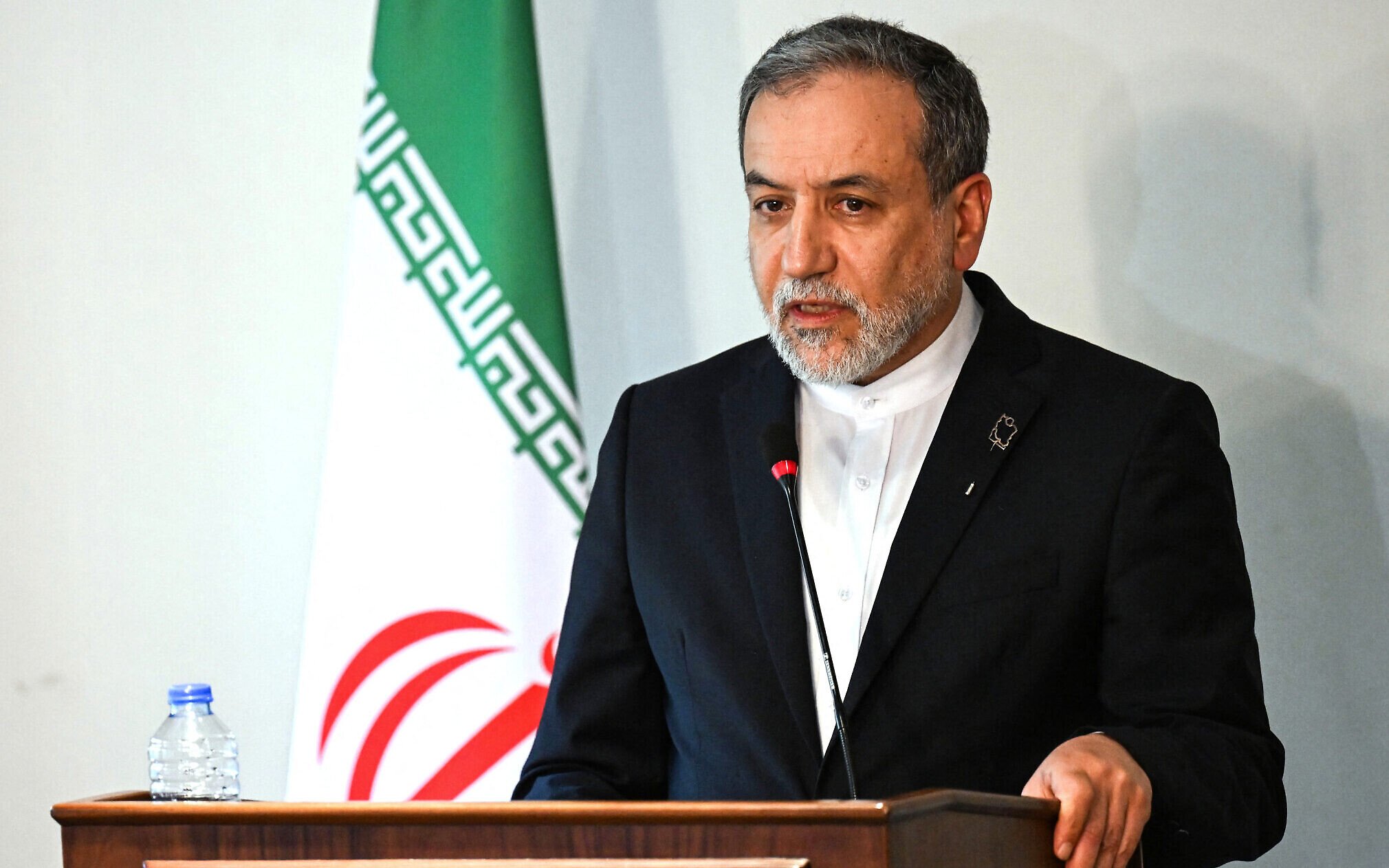Iranian Foreign Minister Abbas Araghchi firmly told his European counterparts on Friday that they have no legitimate basis to reactivate UN sanctions against Iran.
His comments followed the UK, France, Germany, and the EU foreign policy chief’s threat to reimpose sanctions in the coming months if no significant progress is made in nuclear negotiations.
“If the EU/E3 want to have a role, they should act responsibly and put aside the worn-out policies of threat and pressure, including the ‘snap-back’ for which they (have) absolutely no moral (or) legal grounds,” Araghchi posted on X.
He emphasised that any new round of talks is only possible if the other side is prepared for a “fair, balanced, and mutually beneficial nuclear deal.”
Earlier, during a conference call with Araghchi, European diplomats expressed their “determination to use the ‘snapback’ mechanism”—which “allows for the reimposition of all international sanctions against Iran—if there isn’t “concrete progress” on Iran’s nuclear programme by the end of the summer, meaning by the end of August.
French Foreign Minister Jean-Noel Barrot had previously stated that Europeans would be “justified” in seeking a snapback of UN sanctions, which were lifted under the 2015 nuclear deal, later abandoned by President Donald Trump.

Barrot warned, “Without a firm, tangible, and verifiable commitment from Iran, we will do so no later than the end of August.”
Deteriorating Relations and Looming Deadlines
Araghchi had previously urged the Europeans to play a “constructive role” on the nuclear issue, telling French newspaper Le Monde that “the threat of sanctions does not help diplomacy.”
Speculation about Iran’s nuclear programme has intensified since Israel and the United States bombed key facilities last month.
The 2015 nuclear agreement contains a clause allowing UN sanctions to be reimposed via a snapback mechanism if Iran is found to be in non-compliance.
However, the deal itself expires in October, creating a fast-approaching deadline for parties to invoke this clause.
Before Israel’s 12-day conflict starting June 13, Iran and the United States had engaged in several rounds of nuclear negotiations through Omani mediators.
Trump’s decision to join Israel in striking Iranian nuclear facilities effectively halted these talks.
While both Tehran and Washington have signalled a willingness to return to the negotiating table since the end of hostilities, Tehran has maintained its right to the peaceful use of nuclear power.
An adviser to Iran’s supreme leader, Ayatollah Ali Khamenei, recently stated that there would be no new nuclear talks with the United States if they were conditioned on Iran renouncing uranium enrichment.


 Trending
Trending 